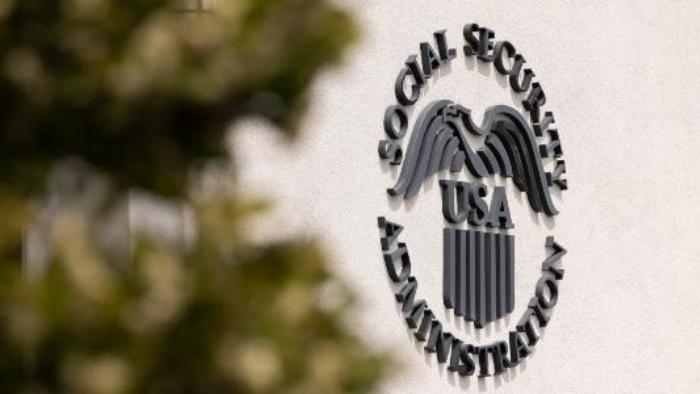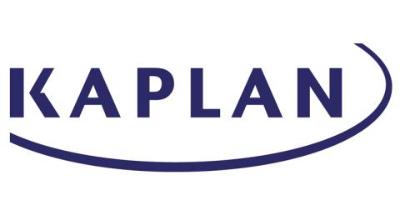Silicon Valley Bank, Signature Bank, and Silvergate Bank Failures: Implications for Bitcoin, CPAs, and the Future of Big Banks in the US

Navigating the Bank Chaos: Will Bitcoin Emerge as a Haven and How Will It Impact the Financial Landscape?
The recent failures of Silicon Valley Bank, Signature Bank, and Silvergate Bank have sent shockwaves through the financial industry. As the dust settles, many questions arise regarding the implications of these failures for the broader financial landscape. In this article, we'll explore what this means for Bitcoin as a potential haven in the bank chaos, the impact on Certified Public Accountants (CPAs), and the future of big banks in the US concerning the Federal Deposit Insurance Corporation (FDIC).
Bitcoin as a Haven in the Bank Chaos
The collapse of these prominent banks has raised concerns about the stability of traditional financial institutions and the role of alternative assets like Bitcoin. As trust in the banking system erodes, Bitcoin's decentralized and censorship-resistant nature offers an alternative to investors looking to minimize counterparty risk. Additionally, the limited supply of Bitcoin (capped at 21 million coins) provides a hedge against inflation and currency devaluation, further increasing its appeal as a safe haven asset.
However, it is essential to recognize that Bitcoin is not without its risks, including price volatility and regulatory uncertainty. Investors and financial professionals must carefully weigh these factors when considering Bitcoin as a potential safe haven.
Impact on Certified Public Accountants
The failures of Silicon Valley Bank, Signature Bank, and Silvergate Bank have significant implications for CPAs. As trusted financial advisors, CPAs must navigate the following challenges:
- Audit and Compliance: The collapse of these banks may lead to increased scrutiny from regulators and a heightened focus on audit and compliance procedures. CPAs must remain vigilant in their adherence to industry standards and regulations to maintain their reputation and credibility.
- Client Advisory: With the potential shift towards alternative assets like Bitcoin, CPAs must educate themselves on the intricacies of cryptocurrencies and their underlying technology to provide informed guidance to clients. This includes understanding the tax implications, accounting treatment, and regulatory landscape surrounding digital assets.
- Risk Management: As the banking landscape evolves, CPAs must reassess their risk management strategies and help clients navigate potential pitfalls, including diversifying assets and evaluating the creditworthiness of financial institutions.
The Future of Big Banks in the US and the Role of the FDIC
The failures of Silicon Valley Bank, Signature Bank, and Silvergate Bank have cast a spotlight on the FDIC and its role in protecting depositors. The FDIC was established to maintain stability and public confidence in the US banking system by insuring deposits up to $250,000 per depositor, per insured bank.
In the wake of these failures, we can anticipate the following developments:
- Increased Regulatory Oversight: Regulators are likely to intensify their oversight of big banks, leading to stricter capital requirements and more rigorous stress testing. This increased scrutiny may result in consolidation within the banking industry as smaller banks struggle to meet heightened regulatory demands.
- Enhanced FDIC Protection: The FDIC may face pressure to expand its insurance coverage or reassess its risk assessment methodologies to ensure the continued stability of the US banking system.
- Growing Interest in Digital Banking and Decentralized Finance (DeFi): As traditional banks falter, there may be a shift towards digital banking solutions and decentralized finance (DeFi) platforms that offer increased transparency, efficiency, and accessibility. This could fuel further innovation in the financial sector and create new opportunities for investors and entrepreneurs alike.
Share This Article
What's Trending?
Trending topics & tools for the CPA community
How Firms are Rethinking Reasonable Comp (Quick Video)
It’s a short video and makes the value of repeatable, data-backed approach clear (especially compared to spreadsheets, gut checks and one-off calculations).
Learn how 8am CPACharge delivers clarity and confidence for accounting firms.
8am™ CPACharge brings invoices, payments, and reconciliation together in a solution designed to make your day easier from start to finish.
Seniors on Social Security Could Face $460 Monthly Cut to Benefits
Jim Komoroski, RSSA®, is quoted in Newsweek, offering expert insight into the projected monthly cuts to Social Security benefits should Congress fail to act.
Resources
Valuable information provided by our sponsors.
Specialize in Social Security
Looking to enhance your retirement planning expertise? Your solution: pursue the Registered Social Security Analyst®...
CPAdirectory members have access to discounted auto and home insurance
At CPAdirectory, we think it's a good thing to provide our members with access to...
Free CPE Course: ChatGPT for Tax Pros — Limited Offer
CPAdirectory and CCH CPELink are giving you free access to the on-demand course: ChatGPT for...
PE Deals In Accounting: Valuations, Structure, Tradeoffs
In this webinar, you’ll hear from firm leaders and industry experts who will share real-world...
Stand Out as a Trusted Social Security Expert with the RSSA® Designation
Designed for CPAs, the Registered Social Security Analyst® (RSSA®) designation provides advanced training to help...
How Firms are Rethinking Reasonable Comp (Quick Video)
It’s a short video and makes the value of repeatable, data-backed approach clear (especially compared...













